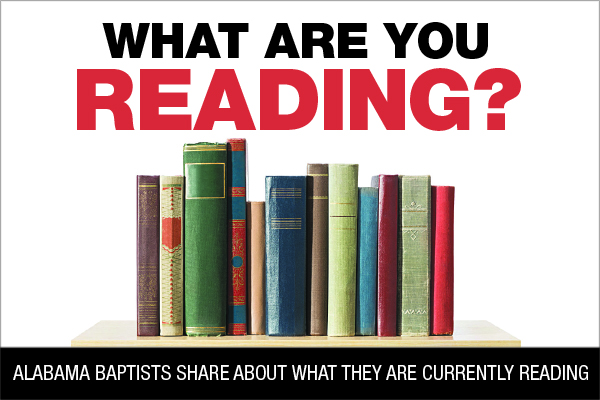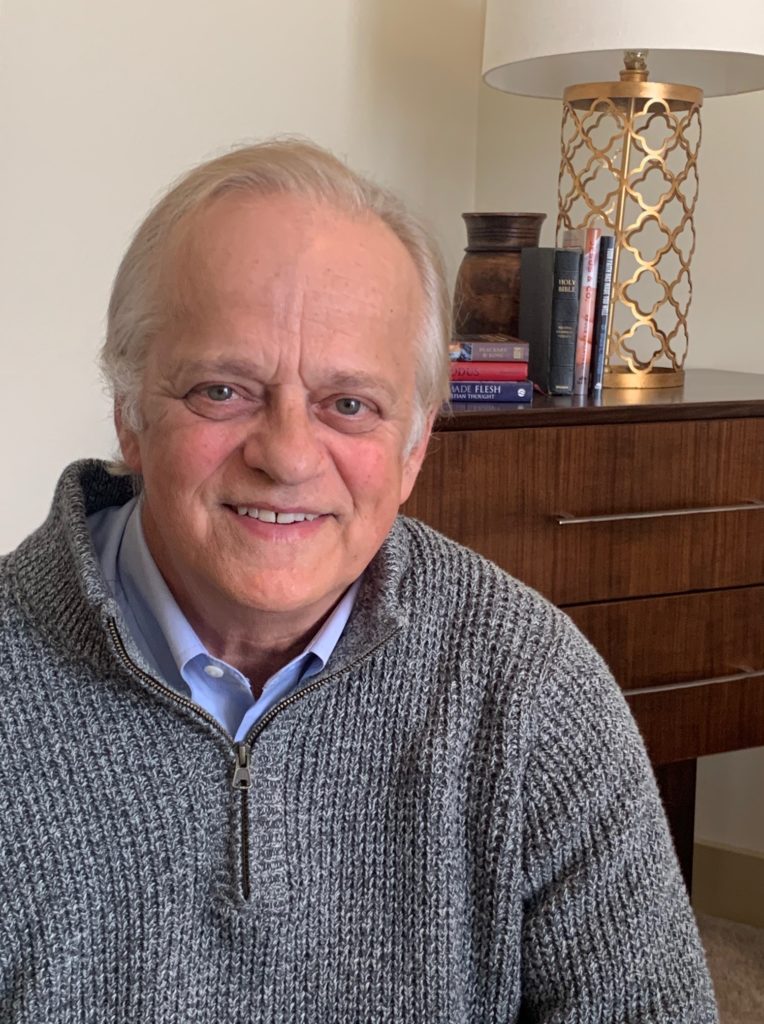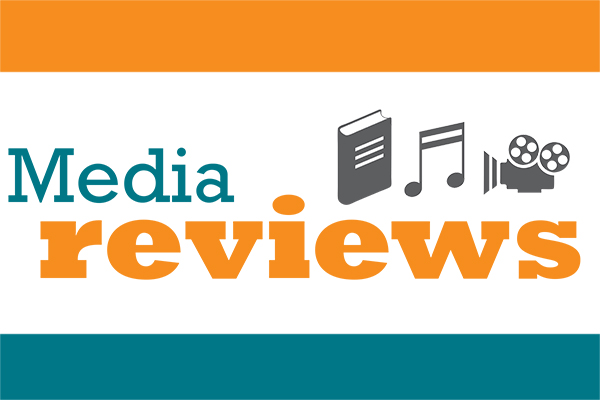Jennifer Davis Rash
The Alabama Baptist
www.rashionalthoughts.com
“The Anatomy of Peace: Resolving the Heart of Conflict” by The Arbinger Institute
“The Principle of the Path: How to Get from Where You Are to Where You Want to Be” by Andy Stanley
My brother and brother-in-law both recommended books to me within a few days of each other recently, and I scooped up both immediately. They have different purposes and styles but reading them over the course of the same few weeks reminded me how vital it is to fight through the ugliness and deceptiveness of the world around us and keep our hearts pure.
Both books are quick reads, well-written and convicting. Specific areas, experiences or episodes in your own life will likely surface as you read them, but you also will think of others you want to share the book with as soon as you are finished reading.
A major takeaway from Andy Stanley’s “The Principle of the Path” is: “The direction of your life will determine your destination. … What captures our attention influences our direction. Attention, direction, destination. That’s the principle of the path in three words. And as your attention goes, so goes your life.”
The story in “The Anatomy of Peace” takes the reader through a process to grasp the full picture of resolving conflict but a few key points revolve around seeing others as people, not objects, and how to value others despite having extreme differences.
One passage says, “The people … appeared more concerned with their own burdens than with others’. … It would have been well for them and their cause if they had begun to think as carefully about others as they did about themselves. … What are [their] challenges, trials, burdens and pains? How am I, or some group of which I am a part, adding to these challenges, trials, burdens and pains?”
And a concluding message of hope noted in the book is, “However bleak things look on the outside, the peace that starts it all, the peace within, is merely a choice away. … If we can find our way to peace toward [those who have hurt us], what mountains are too high for human hearts to scale?”






Share with others: